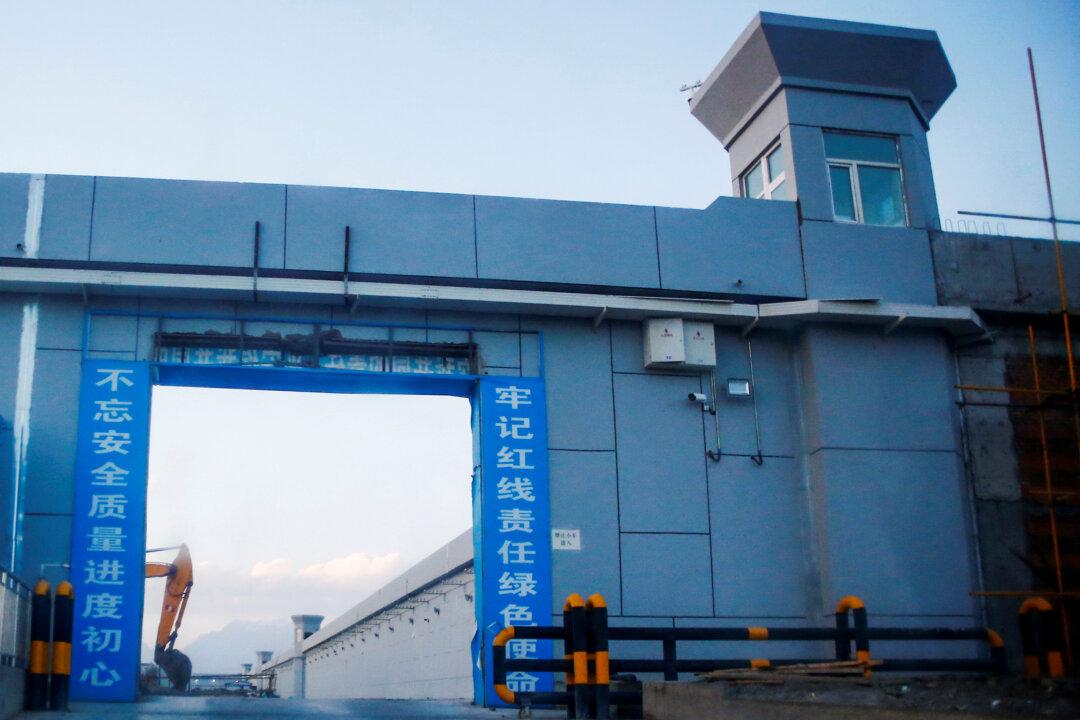The U.S. State Department on May 29 renewed calls for the end of the mass internment of Uyghur and other Muslims in the northwestern region of Xinjiang in China, so that they may be reunited with their families for the upcoming Eid holiday.
Eid, which falls on June 4 this year, is an important holiday celebrated by Muslims to mark the end of Ramadan, the Islamic holy month of fasting.
“The United States is alarmed by the arbitrary and unjust detention of more than 1 million people; widespread reports of torture and cruel, inhumane, or degrading treatment; ever-present, high-tech surveillance; and coerced practices contrary to people’s faiths,” Ortagus continued.
“Throughout this campaign, the Chinese government aims to force its own citizens to renounce their ethnic identities and their Islamic faith.”
The Chinese regime uses the pretext of fighting extremism to justify the crackdown.
Ortagus added that “the repression of Chinese Muslims stands out as particularly cruel and inhumane during the Holy Month.”
The strong condemnation comes a week after the U.S. Senate Foreign Relations Committee passed a bill, called the Uyghur Human Rights Policy Act, which would require regular reports on the crackdown and the appointment of a special State Department coordinator on Xinjiang. The bill, which also has a House equivalent, will now move to the Senate floor.
“The [Chinese] Communist Party is using the security forces for mass imprisonment of Chinese Muslims in concentration camps,” Randall Schriver, assistant secretary of defense for Indo-Pacific security affairs, told a Pentagon briefing on May 3, estimating that the number of detained Muslims could be “closer to 3 million citizens.”
Asked by a reporter, Schriver said that it’s justified “given what we understand to be the magnitude of the detention, at least a million but likely closer to 3 million citizens out of a population of about 10 million.
“So, a very significant portion of the population, [given] what’s happening there, what the goals are of the Chinese government and their own public comments make that a very, I think, appropriate description,” he said.





